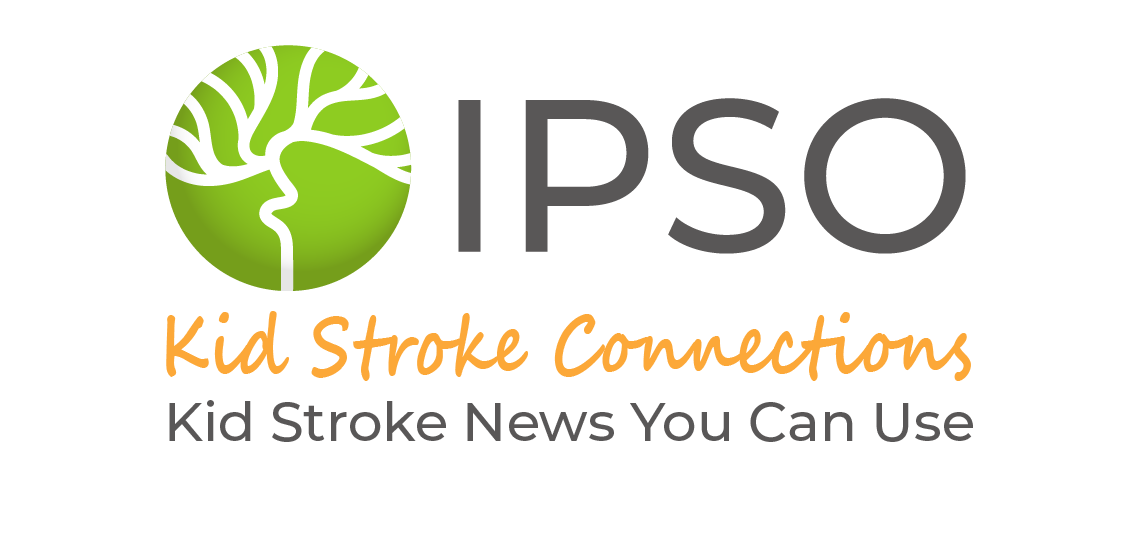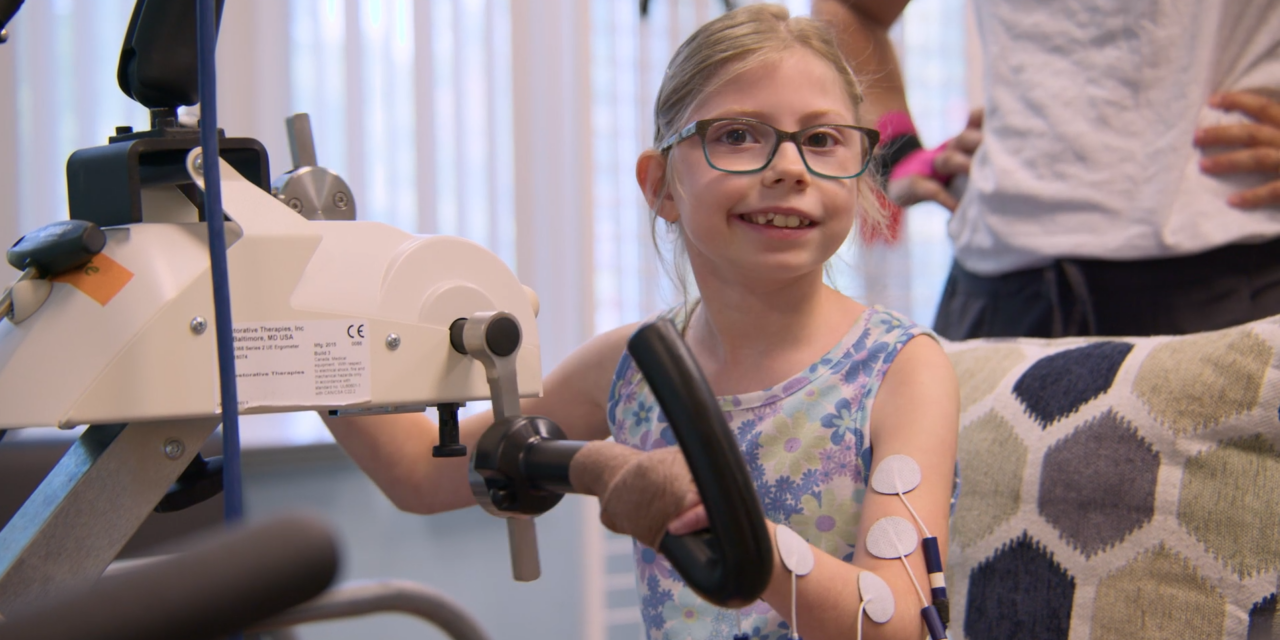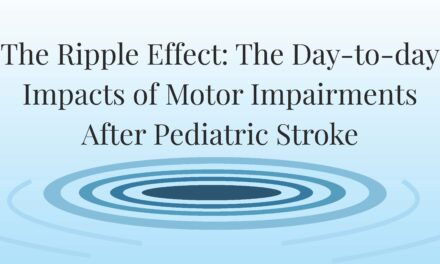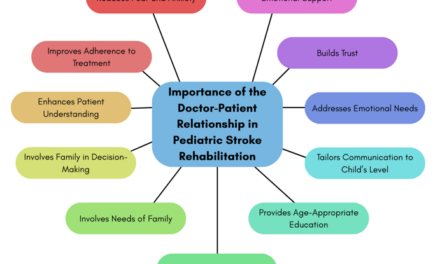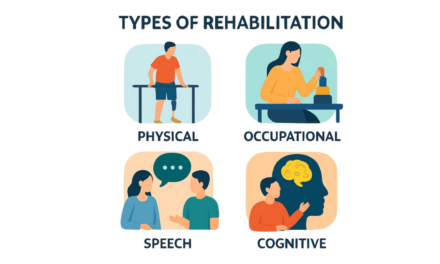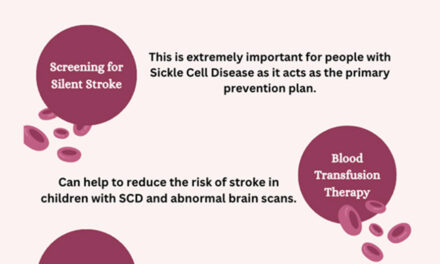Pediatric stroke is a life-altering diagnosis that demands a highly individualized and multidisciplinary approach to care. As therapists and medical professionals, we are acutely aware that access to therapy is just one part of the puzzle. Although most children with stroke may not need assistive devices such as wheelchairs, communication devices, access to essential equipment often poses a silent barrier between a child and their full potential. Durable medical equipment (DME), such as adaptive seating, mobility aids, and communication devices, can mean the difference between passive participation and active engagement in daily life.
Yet, for many families, this equipment remains out of reach.
Raising Awareness: Why It Matters
Occupational, physical, and speech therapists are uniquely positioned to raise awareness in both clinical and community settings. By educating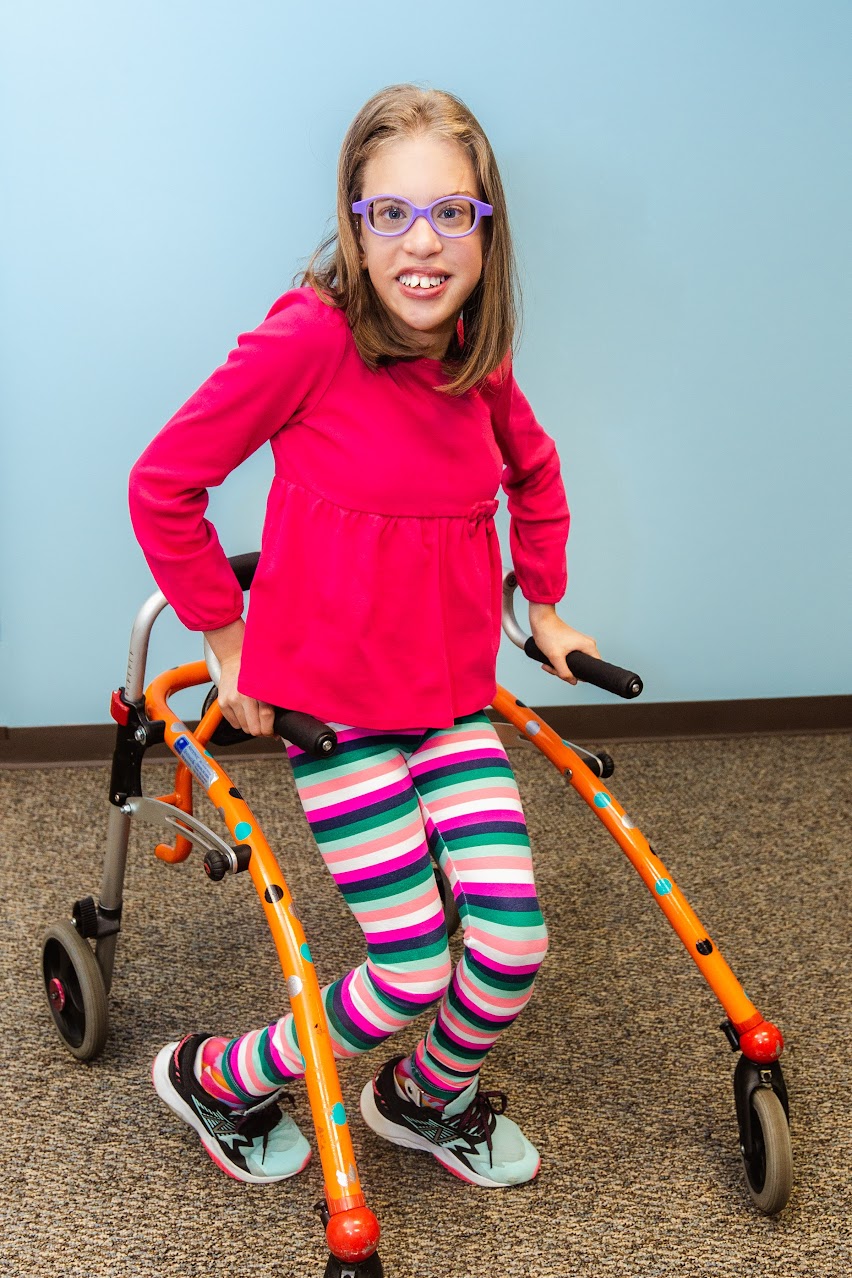 school systems, healthcare providers, and policymakers about the challenges of pediatric stroke recovery, including access to equipment and long-term support, we help create a culture of understanding and advocacy.
school systems, healthcare providers, and policymakers about the challenges of pediatric stroke recovery, including access to equipment and long-term support, we help create a culture of understanding and advocacy.
Awareness also drives fundraising efforts, which are vital in a field where gaps in insurance coverage leave many children without the tools they need to heal and grow. Pediatric stroke, though rare, carries lifelong implications. Families navigating recovery often find themselves facing not just emotional and physical hurdles but also financial ones.
Health Care Disparities in Equipment Access
Health equity remains a central concern in pediatric rehabilitation. Durable medical equipment is frequently denied or only partially covered by insurance if it’s deemed ‘not medically necessary’ or ‘convenience-based.’ This often includes adaptive strollers, orthotic supports, or seating systems that are essential for posture, feeding, and mobility but do not meet narrow insurance criteria.
These barriers disproportionately affect families in under-resourced communities or those lacking access to comprehensive care coordination. Advocacy at both the state and local levels is essential to ensure that all children, regardless of zip code or income, have access to what they need.
For families searching for support, local nonprofits and regional foundations can serve as lifelines. While International Pediatric Stroke Organization (IPSO) does not endorse specific organizations, therapists can assist families in identifying equipment lending libraries, community grant programs, or hospital-affiliated foundations that may help bridge funding gaps.
Globally, children with disabilities face significant challenges in obtaining the necessary DME. Key barriers include:
• Limited Availability and Affordability: In low- and middle-income countries, access to assistive products like wheelchairs and hearing aids can be as low as 3% of the needed supply, leaving many without essential equipment. (World Health Organization)
• Financial Constraints: Even in middle- and high-income countries, families often encounter economic hardships due to inadequate insurance coverage and the high costs of DME. (i-jmr.org)
• Geographical and Physical Inaccessibility: Rural and remote areas frequently lack the infrastructure and services necessary for children to access rehabilitation and medical equipment. (PMC)
• Cultural Stigmas and Beliefs: In some regions, disabilities are associated with negative cultural beliefs, leading to stigma and reduced support for affected children. (PMC)
• Inadequate Policy Implementation: Even where policies exist to support children with disabilities, poor implementation and lack of enforcement can make access to necessary services and equipment difficult.
Empowering Families: Resources Exist
Families need to know they are not alone. In fact, Haley and Chris Jonas created a foundation named unLocked to bridge the gap.
Many therapists, social workers, and support networks can guide you to resources that might not be immediately visible online. Local hospitals, university-based programs, and community centers often have connections to funding sources or can write letters of medical necessity to support grant applications.
Even if insurance denies a claim, a well-documented appeal or a second opinion from a specialist can sometimes change the outcome. Don’t hesitate to ask your therapy team for help with this process—we’re here to advocate alongside you.
Advice for the Journey: What Families Should Know
Recovery after pediatric stroke is not linear. Every child’s progress is unique and often marked by small, meaningful steps that build toward independence. Here are a few reminders for families:
• Trust the process but ask questions. If something doesn’t feel right, speak up. You are your child’s best advocate.
• Consistency matters. Repeating therapeutic exercises at home, coupled with the right equipment, can accelerate neuroplastic changes.
• Celebrate milestones, not just goals. Healing happens in layers. Each skill regained, no matter how small, is a victory.
• Seek community. Parent support groups, both online and local, can provide invaluable emotional encouragement and practical advice.
Conclusion
The road to recovery for children with pediatric stroke is complex but manageable with the right support, equipment, and advocacy. As professionals in this field, our role extends beyond the clinic walls. By promoting awareness, assisting families in accessing equipment, and advocating for policy change, we can unlock possibilities for every child.
Let us continue to work together—one family, one therapist, and one community at a time—to bridge the gap.
About the Author

Shelley Dean, OTD, OTR/L Founder/Owner of Crossway Pediatric Therapy and Academy Charlotte, USA
Dr. Shelley Dean is an occupational therapist with nearly 30 years of experience specializing in pediatrics. She holds a post-professional Doctorate in Occupational Therapy from Quinnipiac University and a Master’s in Occupational Therapy from Washington University in St. Louis. Dr. Dean is also an MBA candidate at Queens University in Charlotte. She is the founder of Crossway Pediatric Therapy, where her team provides comprehensive therapy services to children with special needs.
Dr. Dean has pioneered the treatment of pediatric stroke, hosting internationally attended constraint-induced movement therapy intensives. She serves on the board of the International Alliance for Pediatric Stroke and is a charter member of the International Pediatric Stroke Organization, contributing to research, clinical practice, and parent training in the field. She is also a mentor and educator, dedicated to advancing the knowledge and skills of future therapists.
Outside of her professional work, Dr. Dean enjoys reading, walking her dog, and spending time with her family in Charlotte, where she lives with her husband Doug and their blended family.
Graphics: Shelley Dean
Medical Editors: Janette Mailo
Junior Editor: Jalal Sadek
